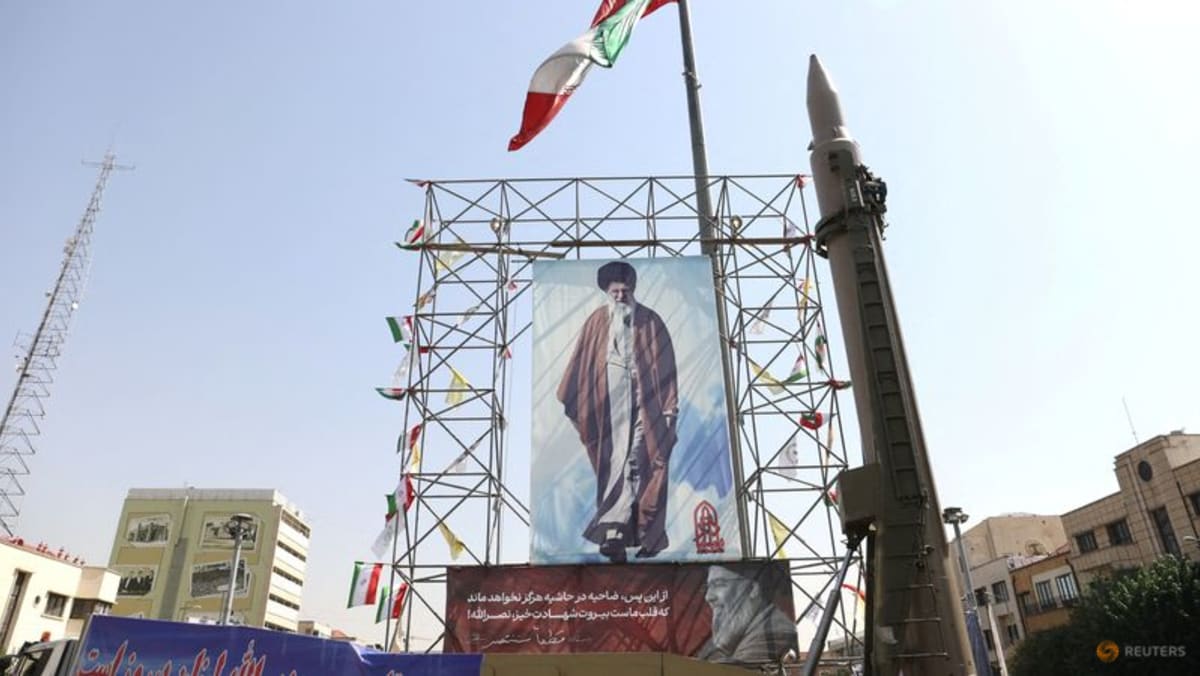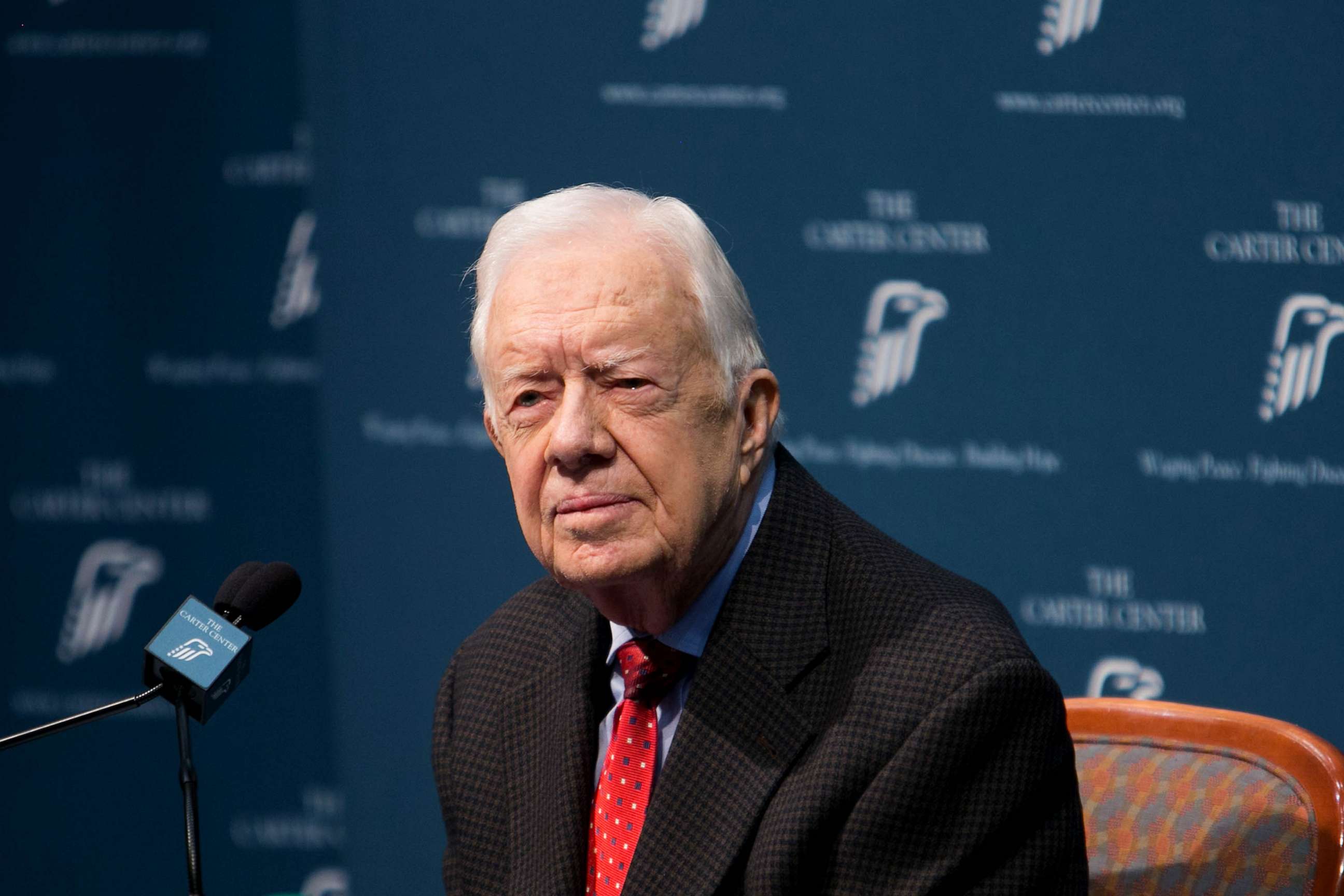Commentary: The false promise of regime change in Iran

REPEATEDLY FALLING INTO THE SAME TRAP
Even if the Iranian regime did somehow fall, there is absolutely no guarantee that something better would replace it. Many dictatorial regimes have been forced from power across the Middle East in recent decades. Often the successor regimes have proved even more oppressive than those they displaced, as happened when the Iranian revolution forced out the Shah of Iran in 1979.
A recent book, surveying the sorry record of US intervention in the Middle East, is entitled Losing The Long Game: The False Promise Of Regime Change In The Middle East. Its author, Philip Gordon, is national security adviser to Kamala Harris and deeply involved in the White House deliberations over how to handle the current crisis. It might be helpful if Gordon handed out copies of his book to anyone foolish enough to speculate that now might be the time to topple the ayatollahs.
Gordon illustrates the US repeatedly falling into the same trap, decade after decade, as it got behind the idea of regime change in Iraq, Iran, Afghanistan, Egypt and Libya. In every case, the US embraced the optimistic assumptions of exiled leaders (and of Netanyahu over Iraq in 2002), but “failed to anticipate the chaos that would inevitably ensue after the collapse”.
As Gordon notes, “whenever an existing regime is destroyed … a political and security vacuum emerges and a power struggle begins”. The winners of that power struggle are usually the most ruthless and well-armed groups, not the most liberal and tolerant.
Source: CNA















